Senior 3 - English Language Arts
Senior 3 is an engaging, enlightening, and entertaining introduction to the classics of English literature and the history of ideas. Designed to broaden students’ intellectual horizons and expand their cultural and historical knowledge base, this course prepares students for higher-level studies in the humanities. Traveling on an exciting journey from the Middle Ages to the mid-twentieth century, students will explore the works of canonical authors such as Marie de France, Geoffrey Chaucer, William Shakespeare, John Milton, Alexander Pope, Jonathan Swift, William Blake, John Keats, Alfred Tennyson, Robert Browning, W. B. Yeats, Virginia Woolf, and many more.
Program Highlights: Our program emphasizes building sophisticated vocabulary, improving grammar skills, and enhancing reading comprehension and critical/analytical writing skills. Students will practice the critical thinking, reading, and writing skills necessary to improve their high-school grades, produce outstanding high-school essays, engage in advanced intellectual discussion and debate. The curriculum is divided into historical blocks corresponding with literary periods: the Middle English Period, the Early Modern Period (Renaissance), the Enlightenment, the Romantic Era, the Victorian Era, and modernism. Students receive personalized feedback on their writing, and they are also provided with opportunities to participate in literary and academic competitions.
Achievements:
- Familiarity with over 300 high-frequency words, building a strong foundation for literacy
- Knowledge of advanced grammar, aiding in identification and correction of errors
- Improved reading comprehension for better academic performance
- Writing clear and coherent reflections, including persuasive, analytical, comparative, and personal pieces
- Improving persuasive, analytical, and comparative and essay-writing skills for high-school-level essays
- Engaging in intellectual discussion and debate, as well as learning to apply historical, philosophical, and theoretical frameworks to the analysis of texts
- Reinforcement of key literary terms and concepts through various readings and assignments.
- Exploration of literary genres that include chivalric romance, sonnet sequence, epic, philosophical tale, satire, elegy, and gothic fiction.
- University-level introduction to broad historical and cultural knowledge from c. late-12th to mid-20th century
Critical Thinking, Creativity, and Problem-Solving: At Brain Power, we teach kids how to think, not what to think. Our curriculum fosters independent thought, encouraging students to explore ideas, ask questions, and develop their own insights. This approach empowers our students to become confident, creative thinkers who are ready to face future challenges.



